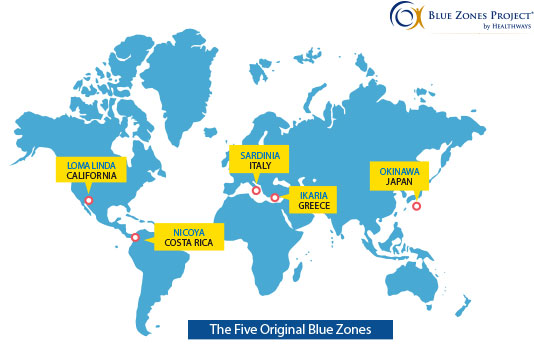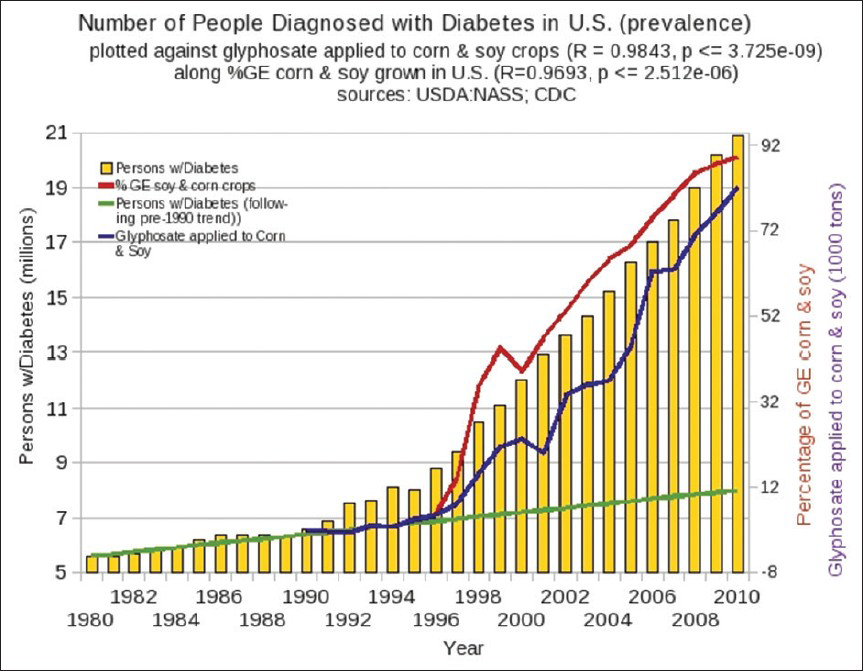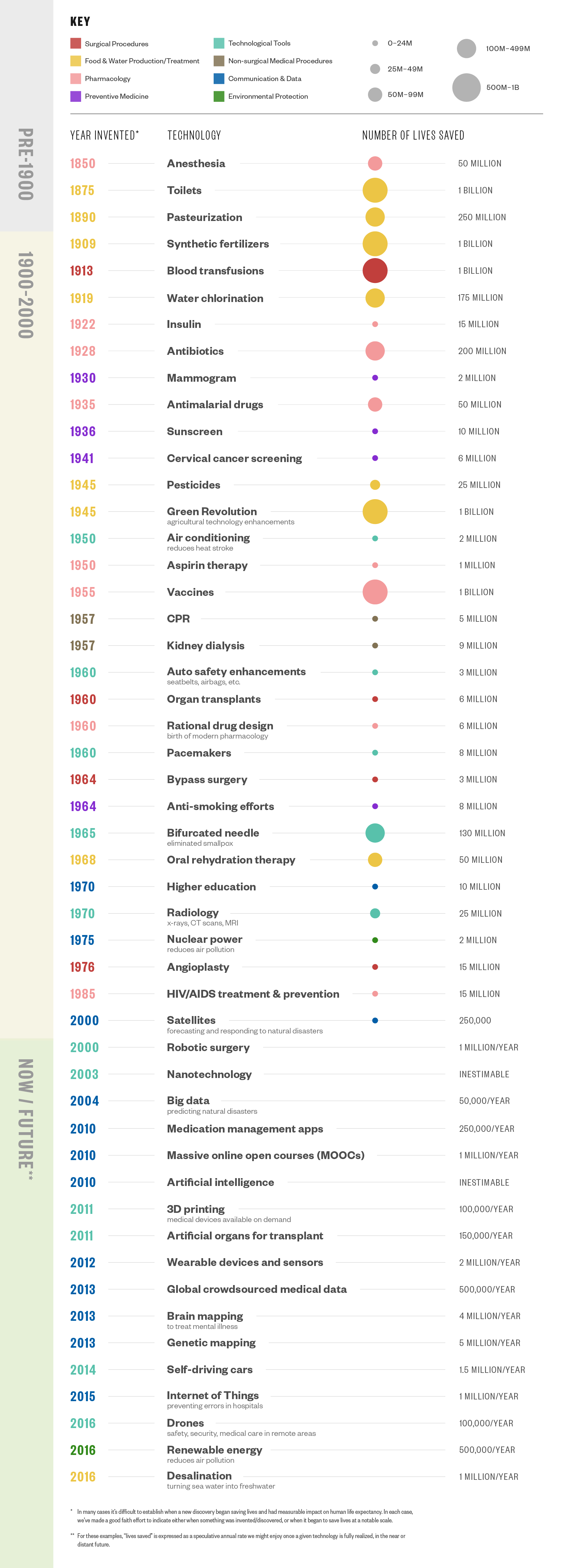It Feels Hopeless
Problems like dementia and mental illness can seem massively overwhelming and hopeless for any one individual to make a significant impact. Billions have been spent trying to develop drugs to treat these conditions over the past several decades. However, there’s been very little progress. Indeed the prevalence of many of these diseases has actually gotten worse.
However, there is evidence of low-hanging fruit that could massively reduce the suffering caused by these diseases.
Exhibit 1. Geographic Evidence
There are small areas of the world known as “Blue Zones” where the incidence of Alzheimer’s and autoimmune disease is almost non-existent. (Learn more about how Alzheimer’s and autoimmune disease are strongly linked.)
5 areas were located using epidemiological data, statistics, birth certificates, and other research. These areas were dubbed Blue Zones, where people reach age 100 at 10 times greater rates than in the United States.

What is the cause of these unusually low incidence of disease? It’s not because the people living in Blue Zone are genetically different.
The Danish Twin Study established that only about 20% of how long the average person lives is dictated by our genes, whereas the other 80% is dictated by our lifestyle.
By collecting data on health outcomes and factors that could influence them, it is possible for us to identify the most significant factor improving or exacerbating chronic illness.
Exhibit 2. Temporal Evidence
Something(s) terrible happened from 1990 to 2010. The incidence of many mental and autoimmune disorders tripled.
Also, there was a time in the recent past when the incidence of autoimmune diseases and Alzheimer’s were significantly lower than they are today.



Correlation between deaths due to Alzheimer’s disease and glyphosate

Glyphosate, pathways to modern diseases III: Manganese, neurological diseases
Potential Impact of Returning to 1990 Levels of Disease
If we were to identify the causes of the increases in the above chronic diseases and address them, we could reduce their incidence by more than 50%.
For instance, assuming we were able to return to the 1990 level of Alzheimer’s, that would mean 29 million fewer people suffering today.
| Disease | 1990 Incidence per 100000 | 2010 Incidence per 100000 | People with Alzheimers Today | Reduction in People Suffering if Returned to 1990 Levels |
| Deaths from Alzheimers | 6 | 18 | 44,000,000 | 29,333,333 |






Leave a Reply